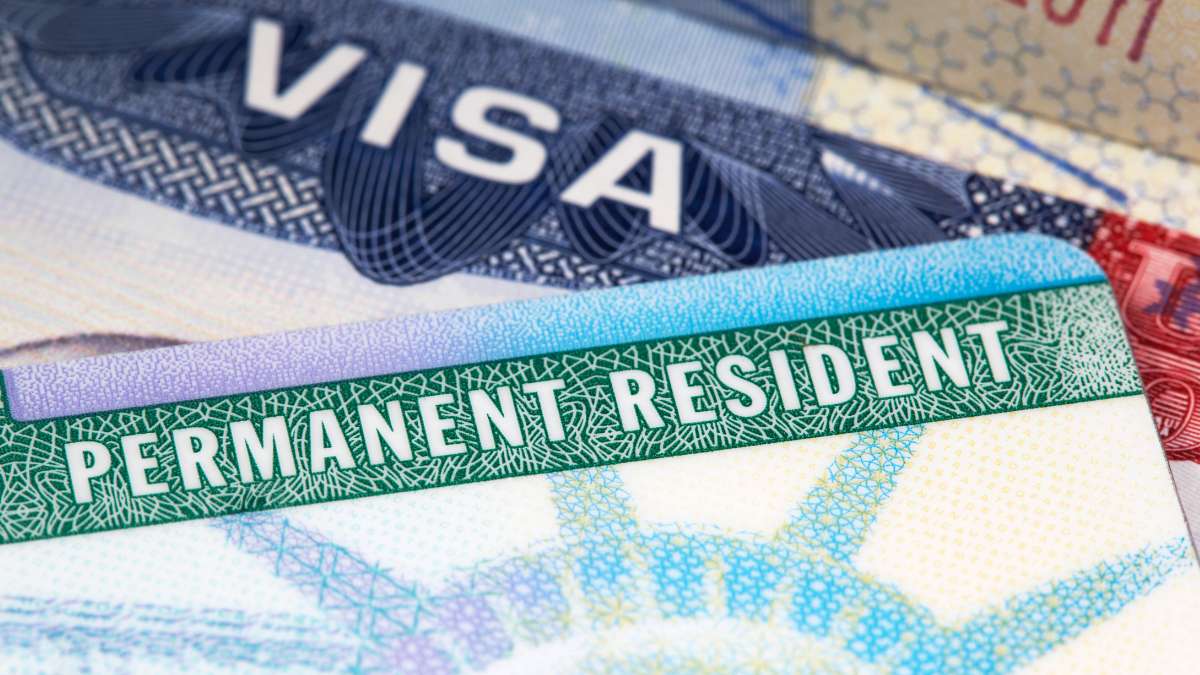Naturalization is a fascinating legal process that allows individuals to become citizens of the United States, even if they weren’t born on American soil. The U.S. Citizenship and Immigration Services (USCIS) outlines the specific criteria that individuals must meet to achieve this status, either at birth or afterward. Some individuals have the opportunity to achieve automatic naturalization without being born in the U.S., provided they fulfill a series of specific requirements.
These requirements for automatic naturalization include being born to parents who are U.S. citizens, being under the age of 18, and meeting additional criteria outlined by the USCIS. For those interested in learning more, the official USCIS website provides all the details and further information, including the full list of requirements. One of the essential requirements for obtaining citizenship is that the child’s parents must be U.S. citizens.
Pathway to Citizenship for Adopted Children
Some children born abroad and adopted by American citizens can automatically acquire U.S. citizenship upon entering the country as lawful permanent residents. The Visas for adopted minors work in this way:
Adopted minors eligible for naturalization must enter the United States with one of the following visa types:
- IR2: Adopted by an immediate relative.
- IR3: Orphan adopted abroad.
- IR4: Orphan arriving in the U.S. for adoption.
According to immigration authorities, these children are “automatically eligible” for U.S. citizenship status as they enter the country.
“Children born or adopted in a foreign country who meet the requirements can obtain U.S. citizenship before turning 18 under the Child Citizenship Act (CCA),” states the U.S. Department of State website. According to the CCA, as referenced by USCIS officials, a child born outside the United States “automatically becomes a U.S. citizen” upon meeting the following conditions.
Eligibility Criteria for Automatic U.S. Citizenship:
- The individual is a child of a U.S. citizen, either by birth or through naturalization.
- The child is under 18 years of age.
- They hold the status of a lawful permanent resident (LPR).
- The child resides in the United States under the legal and physical custody of the U.S. citizen parent.
Options for Recognizing Citizenship
The authorities clarify that there is no specific order in which these conditions must be met to obtain citizenship. The crucial point is that all requirements are fulfilled at some point before the child reaches 18 years of age. For children born abroad, it is typically necessary to submit a Consular Report of Birth Abroad.
When a child is born outside the United States to parents who are U.S. citizens, they typically need to obtain a Consular Report of Birth Abroad (CRBA). This essential document is issued by the U.S. Department of State and serves as proof of the child’s citizenship. It is crucial to secure this document before the child turns 18.If the parents did not apply for a CRBA, there are two main options to establish the child’s citizenship:
Applying for a U.S. Passport
If the child’s birth was not registered at a U.S. embassy or consulate, the following documents will be required:
- Foreign birth certificate showing the parents’ names.
- Proof of U.S. citizenship for one parent.
- Parents’ marriage certificate, if applicable.
- A declaration from the U.S. citizen parents detailing where and when they lived in the U.S. and abroad before the child’s birth.
To pursue this option, one must file Form N-600. According to the U.S. government’s official portal, this form verifies your status as a U.S. citizen. It is applicable if you were born abroad and claim citizenship at birth through your parents.




